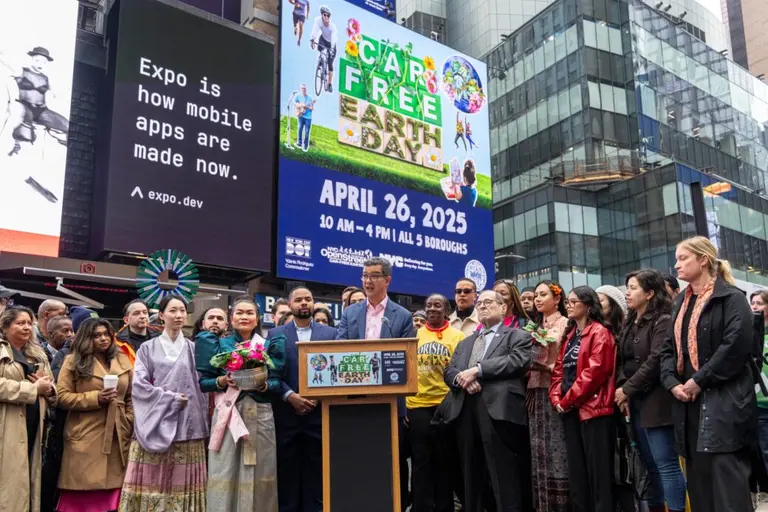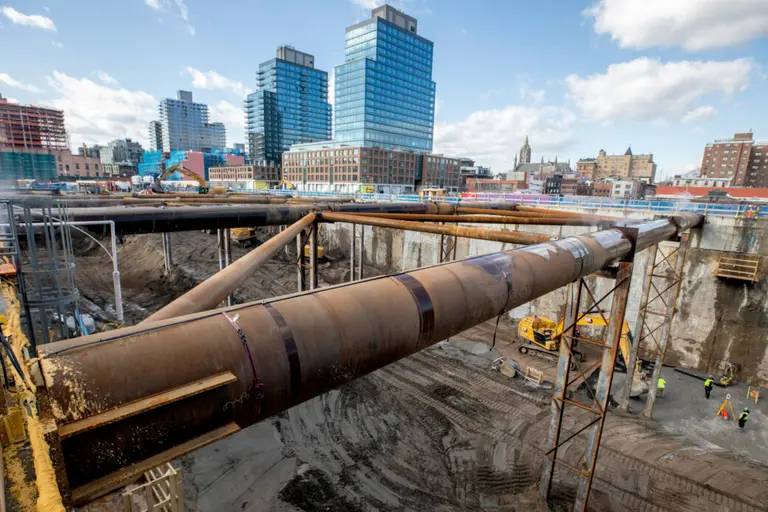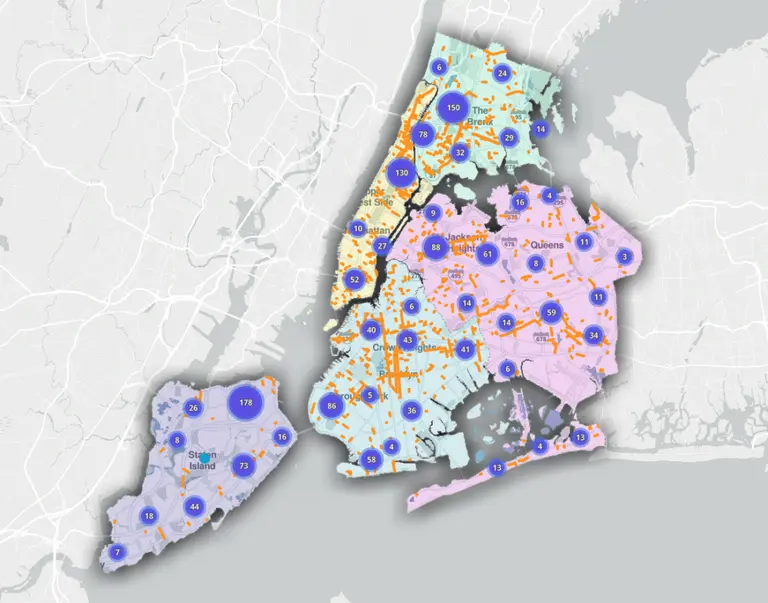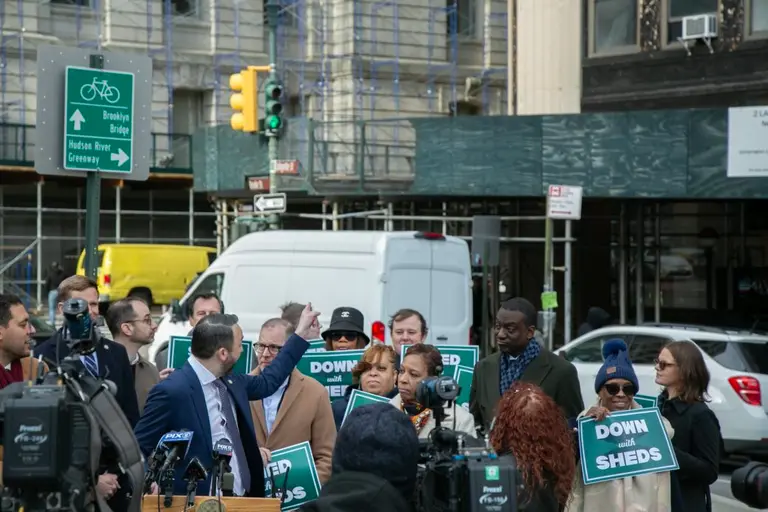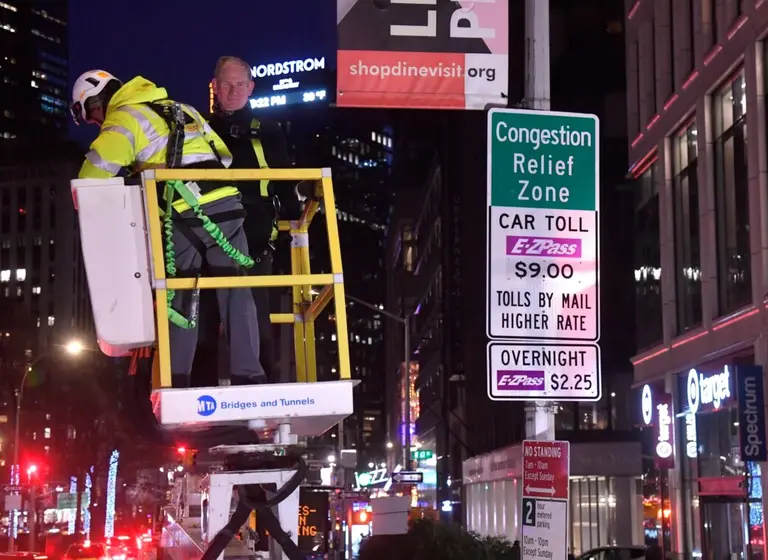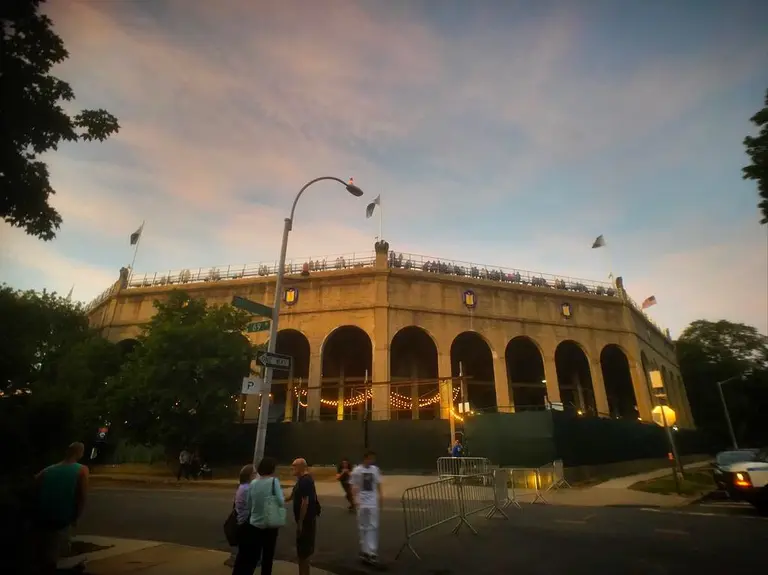Supreme Court blocks part of New York’s eviction moratorium
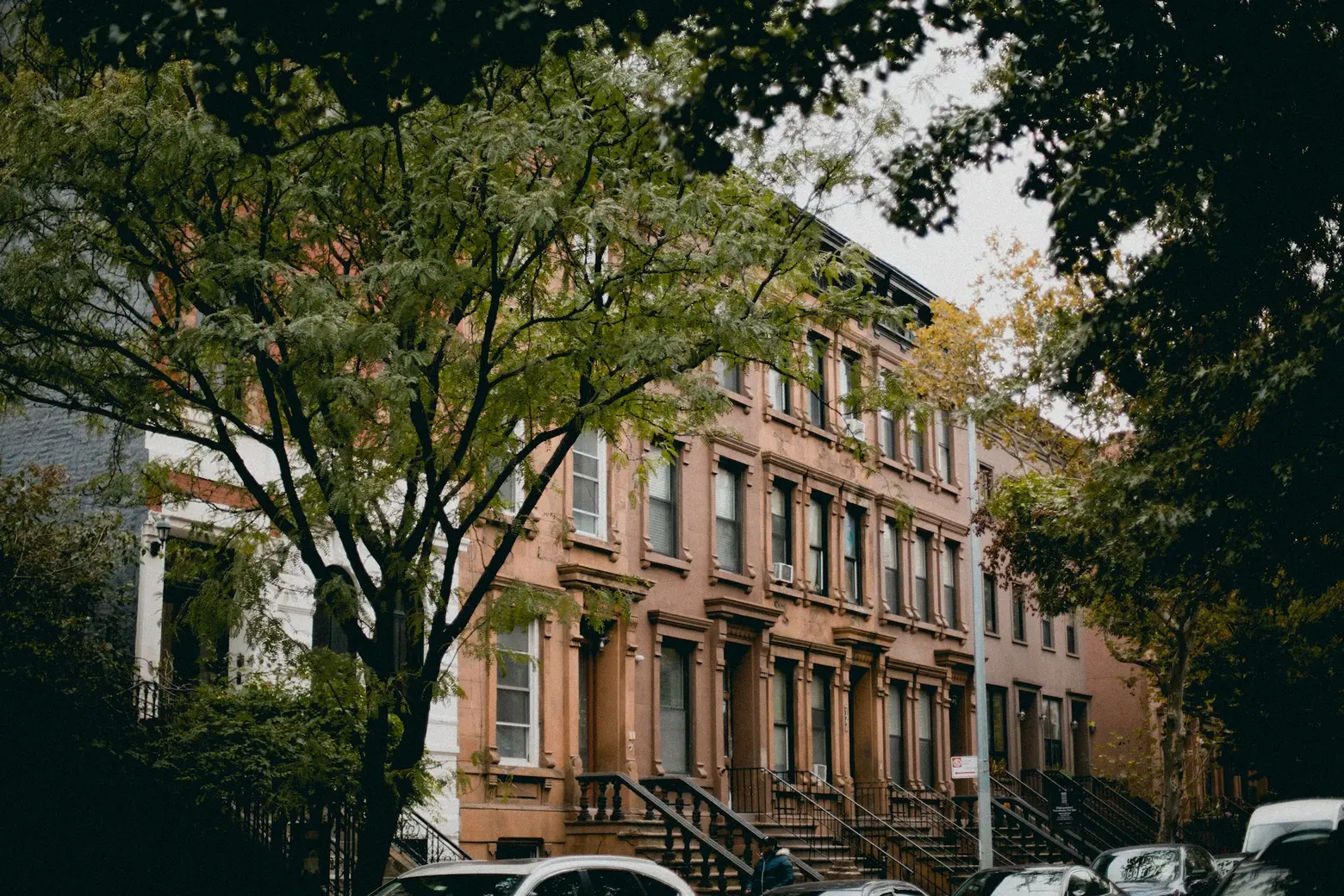
Photo by Rachel Martin on Unsplash
The U.S. Supreme Court on Thursday partially blocked New York’s eviction moratorium, striking down the part of the law which protects tenants who have filed a declaration of hardship due to the coronavirus pandemic. Since December of last year, the state’s COVID Emergency Eviction and Foreclosure Prevention Act suspended eviction proceedings if renters declared a loss of income or health risk to protect themselves against eviction. The court said the moratorium, which was set to expire on August 31, was likely unconstitutional as landlords had no way to challenge a tenant’s hardship claim.
The order applies to a part of the law that bans the eviction of tenants who file a document saying they suffered financial hardship as a result of Covid, instead of providing evidence in court. The Rent Stabilization Association, a trade group that represents 25,000 owners of rent-stabilized apartments in New York, filed the lawsuit, which claimed the state was denying property owners due process by interfering with their property rights without being able to challenge it in the courts.
The court’s conservative justices agreed, ruling that the “scheme violates the Court’s longstanding teaching that ordinarily ‘no man can be a judge in his own case’ consistent with the Due Process Clause.”
The decision does leave in place the Tenant Safe Harbor Act, the provision that prevents residential eviction for nonpayment of rent that accrued during the Covid State of Emergency if tenants can demonstrate financial hardship.
The order also does not affect the new moratorium on evictions issued by the Centers for Disease Control and Prevention earlier this month that applies to renters in counties experiencing high levels of Covid-19 transmission, which includes all of New York City.
But the CDC moratorium, which expires in October, is also expected to be challenged in court. In May, a group of landlords challenged the ban on evictions and a federal judge ruled the CDC had overstepped its authority.
The case moved to the Supreme Court, which decided by a 5-4 vote in June that the moratorium could stay in place through July 31, as NPR reported, but the next extension should be a congressional order. Congress did not act and the original moratorium lapsed at the end of July, but the CDC issued their new order a few days later.
According to data by the research group National Equity Atlas, over 830,000 households in New York are behind on rent, with the average rent debt per household at $4,000.
New York has been one of the worst states for distributing state and federal aid as part of an emergency rent relief program for landlords with tenants who can’t make rent. Officials from the state’s Office of Temporary and Disability Assistance said during a hearing on Tuesday only $100 million of the $2.7 billion total assistance has been spent, as The Real Deal reported.
Lt. Gov. Kathy Hochul, who will become the state’s governor after Gov. Andrew Cuomo leaves off in less than two weeks, pledged to address the Supreme Court’s decision and get funding to those who need it.
“No New Yorker who has been financially hit or displaced by the pandemic should be forced out of their home,” Hochul said in a statement.
“As NY’s next Governor, I look forward to working with the Legislature to quickly address the Supreme Court’s decision & strengthen the eviction moratorium legislation. I will work with our partners in the Legislature to help get the funding available to those in need as soon as possible.”
If you are facing eviction, you may be able to receive free legal help through the city’s Office of Civil Justice. Reach the tenant helpline by calling 311. More information on free legal assistance offered by the city can be found here.
RELATED:
